Iranian patients dying as intl. companies are ‘too scared’ to defy US sanctions: Report
US sanctions are taking a heavy toll on the Iranian people, especially patients with rare diseases, as international pharmaceutical companies are "too scared" to do business with Iran in defiance of the illegal bans, a new report says.
The American non-profit news organization The Intercept revealed in a report on Monday that multinational pharmaceutical companies as well as banks acting as intermediaries for attempted purchases had difficulty supplying the Iranian patients with medicines.
The report pointed to patients suffering from thalassemia and other inherited diseases, such as epidermolysis bullosa (EB), and said, “American sanctions against Iran have made the transactions so difficult that supplies of the medicines are dwindling.”
Citing obtained documents, the outlet indicated that some companies were balking at humanitarian trade with Iran because of the risk of being caught up in sanctions or because sanctions had blocked legal pathways for transacting with the Islamic Republic.
The communications between European health care companies, foreign banks, and their Iranian counterparties showed that the companies would “not engage in trade with Iran — even to provide lifesaving medicines — due to the sanctions,” reads the report.
This came as the US governments repeatedly insisted that humanitarian trade with Iran would not be affected by its so-called “maximum pressure” campaign and there were some exceptions.
Economic sanctions experts were cited by The Intercept as saying that the US claim was misleading and assurances that ordinary Iranians would be able to purchase food and medicine were meaningless.
“The banking issue is the real crux of the problem. There is a general blocking authority on all of Iran’s financial institutions,” said Tyler Cullis, an attorney at Ferrari & Associates, a D.C.-based law firm specializing in economic sanctions. “The Trump administration then came and imposed sanctions on Iran’s entire financial sector, and that has targeted any remaining Iranian institutions that were not covered by those measures.”
“Banks won’t work with us, and health care companies won’t work with us. They are afraid of secondary sanctions and tell us that directly,” said Mohammed Faraji, staff attorney at the Iran Thalassemia Society. https://t.co/o7kHHSTbci
— The Intercept (@theintercept) June 14, 2023
The American non-profit news organization revealed that the US government was now facing a lawsuit from the Iran Thalassemia Society — an Iran-based NGO supporting victims of the disease — on behalf of Iranians suffering from rare diseases.
It said that thousands of Iranian patients have been killed or injured after foreign companies producing specialized medicines and equipment for these diseases and others began cutting off or reducing their business with Iran as a result of sanctions.
The lawsuit, which is currently pending appeal after being dismissed, states that the large-scale sanctioning of Iran’s banking sector has created a situation in which foreign companies are either unwilling or unable to do any trade with Iran at all.
“The American government has said that they will consider some exceptions for humanitarian aid, but in practice we have seen that there are no exceptions,” the report quoted Mohammed Faraji, staff attorney at the Iran Thalassemia Society, as saying.
“We have had communications with countries that export medicines and medical equipment who have clearly told us that we cannot import medicaments to Iran because of sanctions. Banks won’t work with us, and health care companies won’t work with us. They are afraid of secondary sanctions and tell us that directly,” he added.
According to the report, a letter in September 2018 from a Danish manufacturer of urology products, Coloplast, informed its Iranian distributor that “despite the fact that Coloplast products are not excluded by US and/or international export control sanctions, we now face a situation, where the international banks have stopped for financial transactions with Iran. Under current conditions it is not possible to receive money for products sold in Iran.”
Mölnlycke, a Swedish provider of specialized bandages needed to treat patients with epidermolysis bullosa, sent a letter that same year to the head of an Iranian NGO supporting patients with the disease, EB Home, commending the organization for its work helping patients with the condition.
Despite the approbation, the company said it would not be sending any more bandages to treat Iranian epidermolysis bullosa sufferers “due to the US economic sanctions in force Mölnlycke Healthcare have decided not to conduct any business in relation to Iran for the time being.”
A complaint from an Iranian NGO was filed against the company in Sweden in 2021 over the humanitarian impact of its cessation of business in Iran, but the complaint was rejected.
The United States under former President Donald Trump reinstated crippling sanctions on Iran after unilaterally walking out of the 2015 nuclear deal in May 2018, despite Iran's full compliance with the terms of the agreement, officially known as the Joint Comprehensive Plan of Action (JCPOA).
The sanctions have been choking up the financial channels that could be used for providing Iran with essential medicine, material, or medical equipment.
Although Washington and its Western allies claim that humanitarian goods are exempted from sanctions, tens of thousands of patients in Iran have over the years died or developed critical ailments due to the unavailability of essential drugs.
The blanket ban on banking transactions involving Iran has made it impossible for the country to access life-saving medicine and medical equipment. Iranian authorities say the US has been bullying companies in Europe and other parts of the world to make them stop trading with Iran.
The issue became more acute during the spread of the coronavirus in Iran in 2020 when the country was forced to delay a nationwide vaccination program against the disease because sanctions made it impossible to pay for vaccine supplies ordered from other countries.
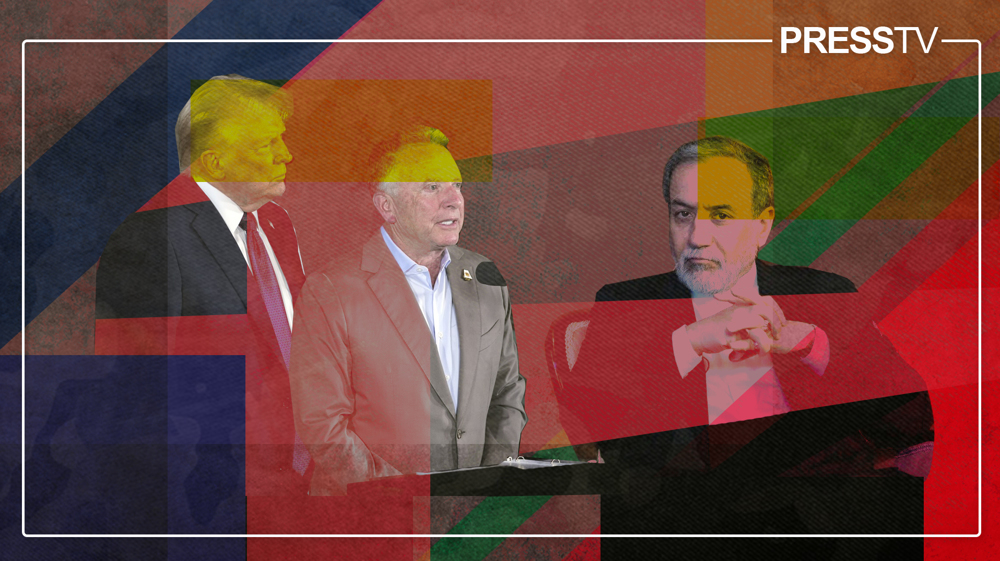
Iran-US talks: Trump, sanctions and the mirage of a durable nuclear deal
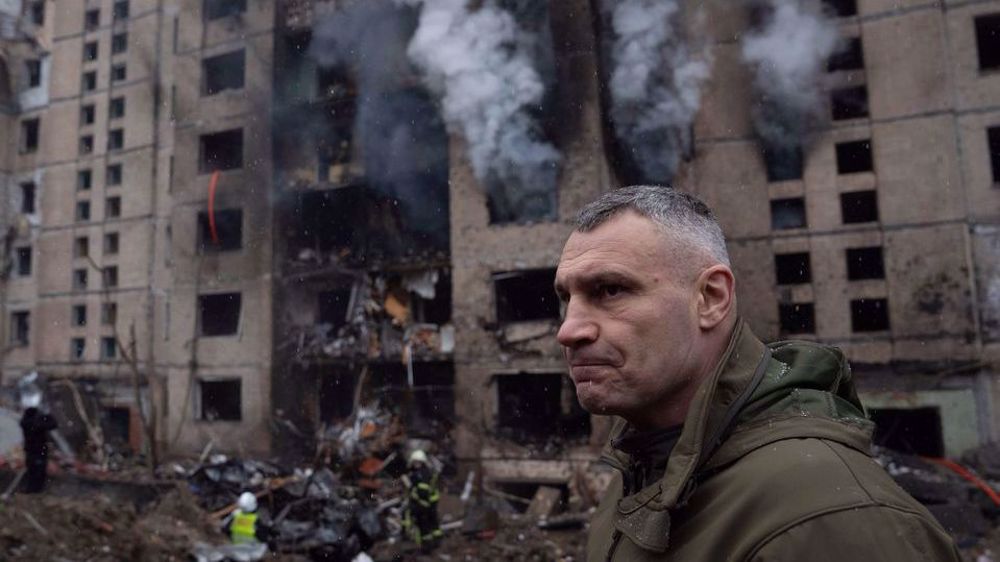
Ukraine may have to 'give up land' to Russia to secure peace: Kiev mayor
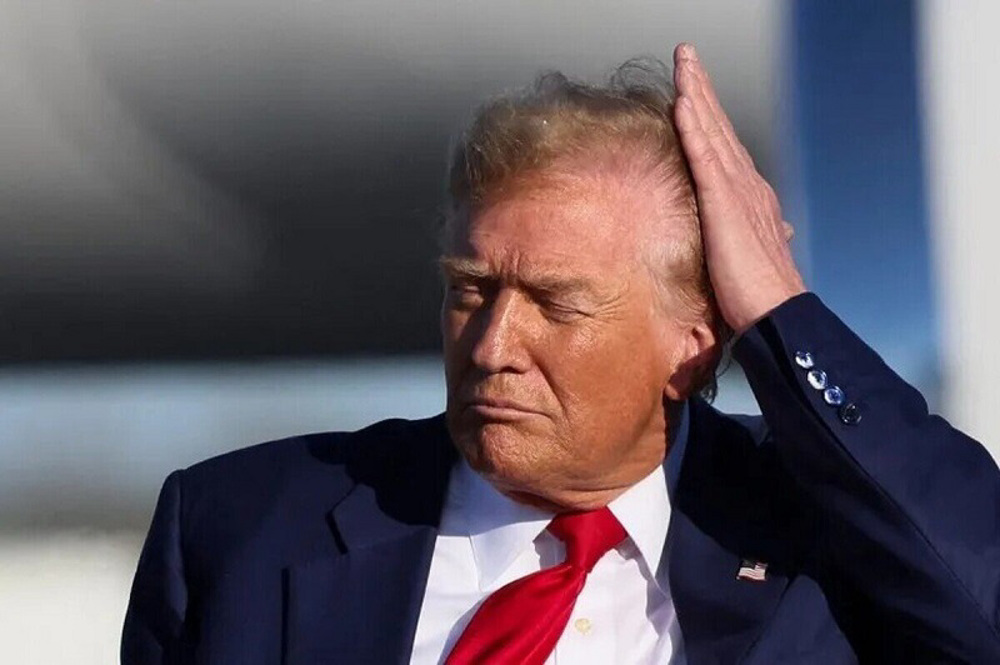
Trump Ukraine mediation muddle
Iran backs sovereign, stable Syria free of terrorism, UN envoy says
Iran-US talks: Trump, sanctions and the mirage of a durable nuclear deal
VIDEO | Gaza’s looming famine
US universities defy Trump deportations of foreign students
WFP: Food stocks depleted in Gaza due to all-out Israeli blockade
Yemenis hold nationwide rallies to condemn US aggression, support Palestine
VIDEO | Press TV's news headlines
VIDEO | Gaza’s top surgeon killed under torture in Israeli jails


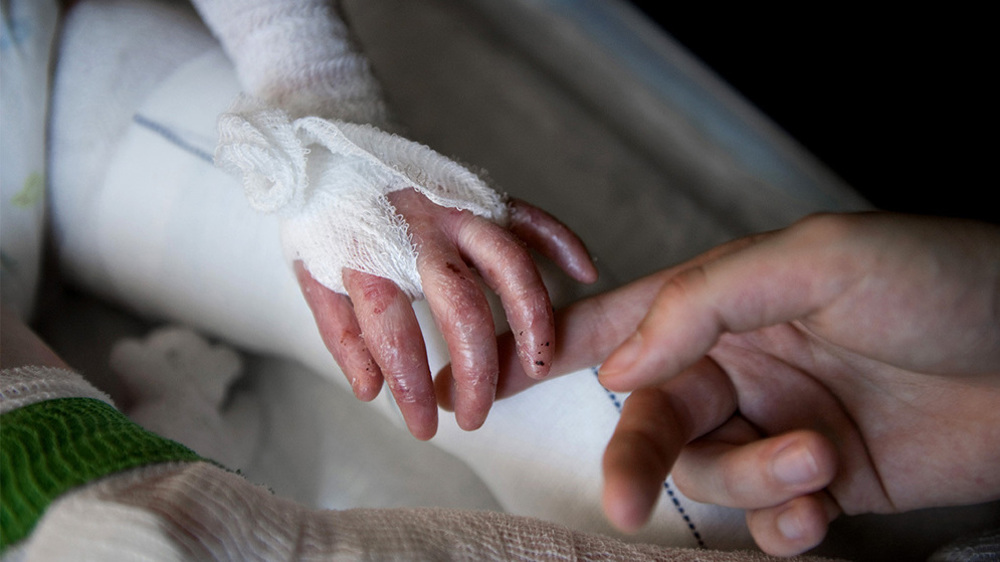
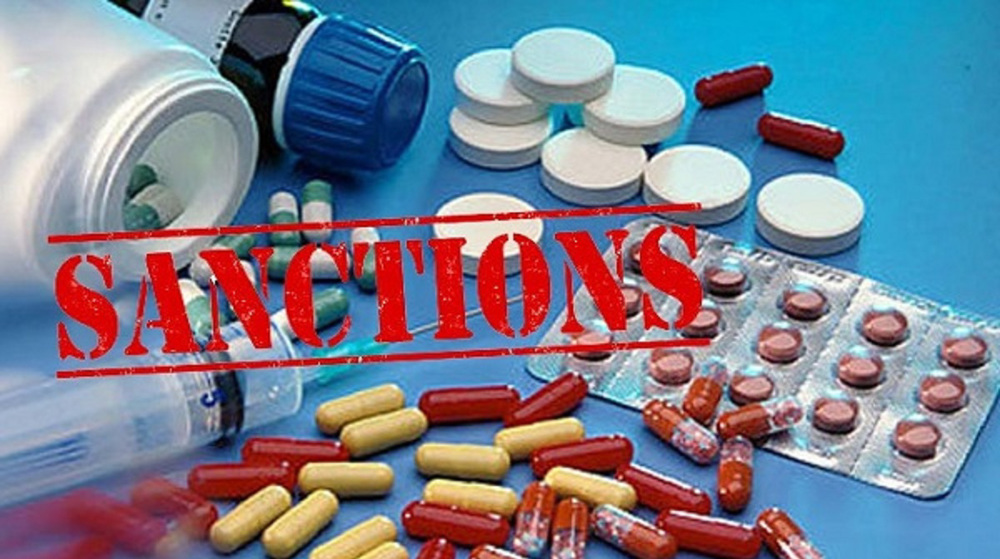




 This makes it easy to access the Press TV website
This makes it easy to access the Press TV website